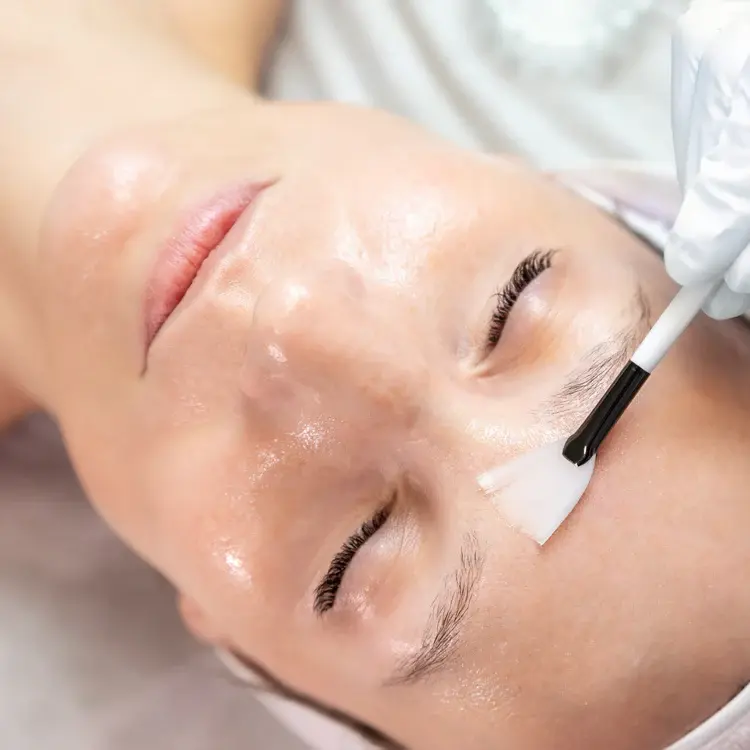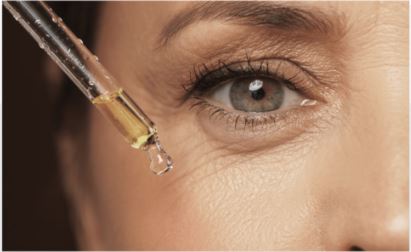The landscape of med spa regulations in the United States is intricate, with each state imposing its own set of rules and guidelines. These regulations are vital in ensuring both the safety and efficacy of the services provided at medical spas. As a potential client or a med spa owner, it is crucial to understand these regulations to adhere to compliance and maintain high standards of care.
In general, med spas are governed by state medical boards, which establish protocols for the services that can be offered and the qualifications required for those administering treatments. For instance, some states mandate that only licensed medical professionals, such as doctors or registered nurses, can perform certain procedures like Botox injections or laser treatments. Meanwhile, other states may allow trained aestheticians to conduct specific non-invasive procedures under the supervision of a medical director.
Moreover, the scope of practice, which defines what each practitioner is legally allowed to do, varies significantly from state to state. This can impact the range of services a med spa is able to offer and may influence the training and certifications required for staff members. Additionally, states may have distinct requirements concerning facility licensing, advertising practices, and patient consent forms, further emphasizing the importance of being well-versed in local laws.
To ensure compliance and safeguard your well-being, always verify that the med spa you choose operates under strict adherence to state regulations. **Book an appointment / free consultation** or call **647-812-8752** for more info on how Beauty O’Clock Medical Spa stays up-to-date with the latest regulatory standards by visiting our website.
State-Specific Licensing Requirements

When it comes to opening or operating a med spa, understanding state-specific licensing requirements is imperative. Each state has its own set of criteria that must be met to legally provide medical spa services, which often includes obtaining specific licenses and permits.
Generally, these requirements are influenced by the types of services a med spa offers. For instance, states may require that facilities offering medical procedures like Botox injections or laser treatments be overseen by a licensed physician. The physician, in many cases, must also be a board-certified dermatologist or plastic surgeon, ensuring that the treatments are administered safely and effectively.
In some states, the licensing process also involves the physical location of the med spa. Inspections might be required to verify that the facility meets health and safety standards. Additionally, there could be regulations on the equipment used, demanding that machines like lasers and radiofrequency devices are regularly maintained and operated by trained professionals.
Furthermore, states may impose regulations that dictate the kinds of training and certifications necessary for practitioners. Some states might require practitioners to complete continuing education courses to maintain their licenses. This ensures that they are up to date with the latest advancements in technology and techniques, ultimately benefiting the clients who seek these services.
Staying informed about these licensing requirements is crucial for med spa owners and operators. It not only ensures compliance but also enhances the reputation and trustworthiness of the spa among its clientele.
Scope of Practice for Med Spa Services

The scope of practice for med spa services varies significantly depending on the state and the specific regulations that govern medical aesthetics. Understanding this scope is crucial for practitioners to operate within legal boundaries and provide safe, effective treatments.
Typically, the scope of practice determines what procedures can be performed and by whom. For example, certain treatments such as Botox injections or dermal fillers may only be administered by licensed medical professionals such as nurse practitioners or physicians. In contrast, estheticians may be permitted to perform non-invasive procedures like facials and microdermabrasion, depending on the state's regulations.
Some states also specify supervision requirements, where a licensed physician must oversee or be available during certain procedures. This ensures that any potential complications can be swiftly addressed, maintaining the safety and well-being of clients.
Moreover, the scope of practice is often linked to the training and certification of the med spa staff. Practitioners must have appropriate credentials and, in many cases, need to undergo additional specialized training to perform advanced procedures. This level of regulation helps ensure that clients receive treatments from qualified professionals who are adept at using the latest technology and techniques.
Being aware of and adhering to the defined scope of practice is essential for med spas to avoid legal issues and enhance client trust. It also helps in maintaining a high standard of care, which is a hallmark of reputable med spa services.
Supervision and Staffing Guidelines

Ensuring compliance with supervision and staffing guidelines is a fundamental aspect of operating a med spa. These guidelines are designed to maintain high safety standards and ensure that clients receive services from qualified professionals.
In many states, med spas are required to have a supervising physician who oversees medical procedures. This physician doesn't necessarily need to be on-site at all times but must be available for consultation and emergency situations. The level of supervision required can vary; some states mandate direct supervision for specific treatments, while others allow for more autonomy under indirect supervision.
Staffing regulations often dictate the qualifications and roles of the staff within a med spa. For example, certain invasive procedures might require a registered nurse (RN) or a licensed practical nurse (LPN) to perform or assist, under the supervision of a physician. Meanwhile, non-medical procedures can be handled by trained estheticians or technicians, provided they have the appropriate certification.
Training and continued education are also critical components of staffing guidelines. Staff members are usually required to undergo regular training sessions to stay updated with the latest advancements in technology and treatment protocols. This ensures that all procedures are carried out safely and effectively, minimizing risks for clients.
By adhering to these supervision and staffing guidelines, med spas can not only comply with state laws but also build a reliable reputation, fostering trust and satisfaction among their clientele. This structured approach to staffing and supervision is key to delivering exceptional care and achieving successful outcomes in the med spa industry.
Insurance and Liability Considerations

Running a med spa comes with its own set of insurance and liability considerations that are crucial for protecting both the business and its clients. Understanding and securing the right insurance coverage is an integral part of managing risk in this industry.
Firstly, professional liability insurance, often referred to as malpractice insurance, is essential for med spas. This type of insurance provides coverage in the event of claims related to malpractice or negligence during treatments. It is vital for safeguarding the financial health of the spa in case of any legal actions stemming from client dissatisfaction or adverse effects.
In addition to professional liability, general liability insurance is also recommended. This covers a broader range of incidents, such as slip-and-fall accidents that may occur within the spa premises. It helps cover legal fees, medical expenses, and potential settlements, providing a safety net for everyday operational risks.
Property insurance is another important consideration, as it protects the physical assets of the spa, including equipment and the facility itself, against damages from events like fires or theft. This ensures that the business can recover quickly without significant financial setbacks.
Moreover, cyber liability insurance is becoming increasingly important due to the digital nature of client records and booking systems. This coverage helps manage risks associated with data breaches and cyber-attacks, safeguarding sensitive client information.
Finally, understanding state-specific regulations on insurance requirements for med spas is crucial. Each state may have different mandates concerning the minimum coverage levels and types of insurance needed, making it important for med spa owners to stay informed and compliant. Being proactive in these areas not only protects the business but also enhances its credibility and trustworthiness in the eyes of clients.
Compliance with Advertising Standards
In the competitive world of med spas, adhering to advertising standards is crucial for maintaining credibility and trust with potential clients. Compliance with these standards not only helps in avoiding legal repercussions but also ensures that marketing messages accurately reflect the services offered.
Firstly, it's important to understand that advertising for med spas is regulated by various laws to protect consumers from misleading or false claims. This includes ensuring that all promotional materials are truthful and not exaggerated. Claims made about the effectiveness of treatments, such as Botox or hair restoration, must be supported by scientific evidence and not promise unrealistic results.
Another key aspect of compliance is transparency in pricing. Advertisements should clearly state the costs involved, avoiding hidden fees that could mislead clients. Additionally, if any discounts or special offers are advertised, the terms and conditions should be clearly outlined to prevent any misunderstandings.
Social media is a powerful tool for med spa marketing, but it also requires careful consideration of compliance. Any endorsements or testimonials used must reflect genuine client experiences and should not be incentivized without disclosure. Furthermore, using before-and-after photos must accurately depict the results of the treatments offered without any digital enhancements.
Failure to adhere to advertising standards can result in penalties, fines, or even legal action from regulatory bodies. Therefore, it's advisable for med spa owners to regularly review their marketing strategies and consult with legal experts to ensure full compliance.
For a med spa like Beauty O’Clock Medical Spa, maintaining compliance with advertising standards is part of our commitment to ethical practices and client satisfaction. To learn more about our services or to book a free consultation, please visit our website or call 647-812-8752. We strive to provide transparent and honest communication to all our clients.
